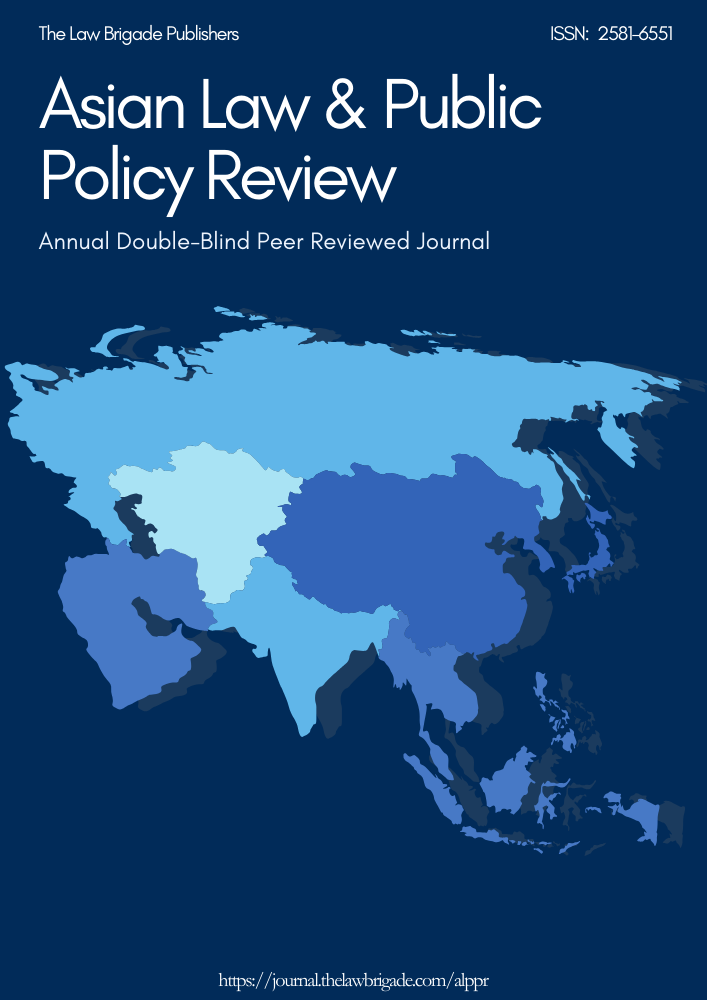Obligation to Negotiate in Resolving Maritime Delimitation Disputes
Keywords:
South China Sea disputes, Principle of Good Faith, Maritime Delimitation, NegotiationAbstract
Negotiation is an important part of disputes resolution mechanism under United Nations
Convention on the Law of the Sea (thereinafter UNCLOS). The duty to negotiate the maritime
delimitation disputes are governed, grosso modo, by two principles: Firstly, Article 74(1) and
83(1) require that parties are under an obligation to negotiate in good faith; Secondly, according
to Article 286 of LOS Convention, states should exhaust all possibilities to negotiate before a
court or a tribunal exercises its jurisdiction. However, in some circumstances, the final
boundary could not be reached thorough negotiate. In order to solve this problem, pursuant to
Article 74(3)/83(3), states are under an obligation to negotiate in good faith to conclude interim
arrangements, such as joint development zone or provisional boundary. As mentioned above,
China should negotiate in good faith with other interested countries, even if a final agreement
could not be reached, an appropriate interim arrangements shall be concluded.
Downloads
Downloads
Published
Issue
Section
License

This work is licensed under a Creative Commons Attribution-NonCommercial-ShareAlike 4.0 International License.
License Terms
Ownership and Licensing:
Authors of research papers submitted to any journal published by The Law Brigade Publishers retain the copyright of their work while granting the journal specific rights. Authors maintain ownership of the copyright and grant the journal the right of first publication. Simultaneously, authors agree to license their research papers under the Creative Commons Attribution-ShareAlike 4.0 International (CC BY-SA 4.0) License.
License Permissions:
Under the CC BY-SA 4.0 License, others are permitted to share and adapt the work, even for commercial purposes, provided that appropriate attribution is given to the authors, and acknowledgment is made of the initial publication by The Law Brigade Publishers. This license encourages the broad dissemination and reuse of research papers while ensuring that the original work is properly credited.
Additional Distribution Arrangements:
Authors are free to enter into separate, non-exclusive contractual arrangements for distributing the published version of the work (e.g., posting it to institutional repositories or publishing it in books), provided that the original publication by The Law Brigade Publishers is acknowledged.
Online Posting:
Authors are encouraged to share their work online (e.g., in institutional repositories or on personal websites) both prior to submission and after publication. This practice can facilitate productive exchanges and increase the visibility and citation of the work.
Responsibility and Liability:
Authors are responsible for ensuring that their submitted research papers do not infringe on the copyright, privacy, or other rights of third parties. The Law Brigade Publishers disclaims any liability for any copyright infringement or violation of third-party rights within the submitted research papers.


